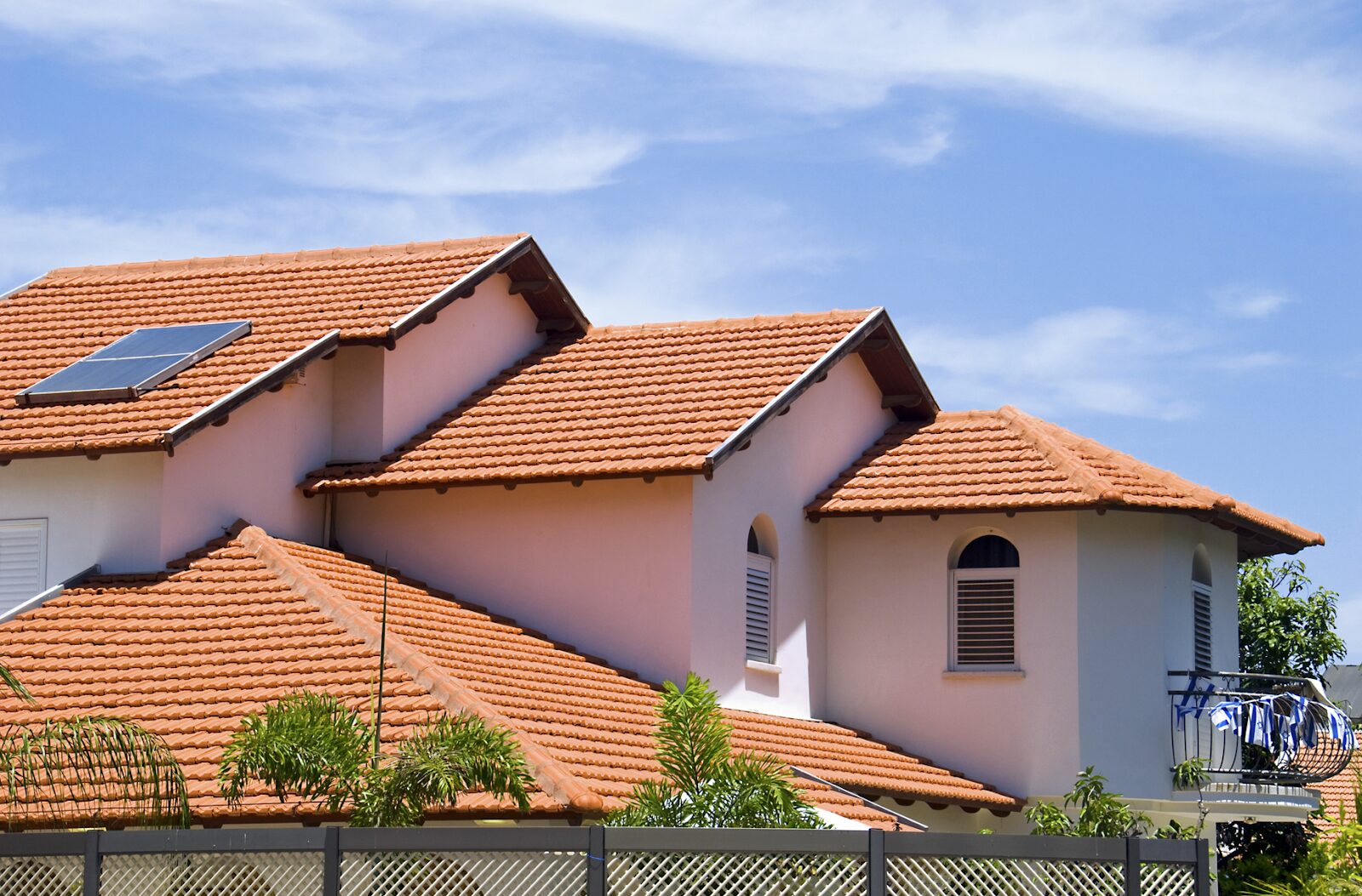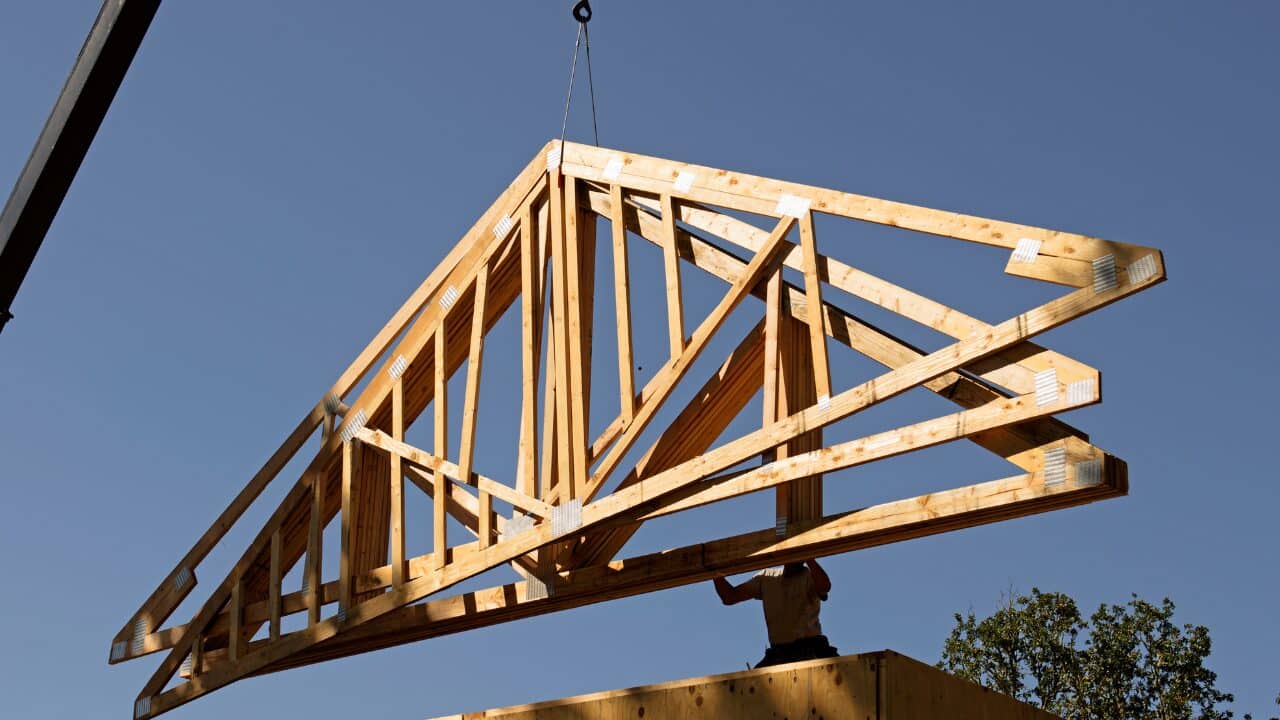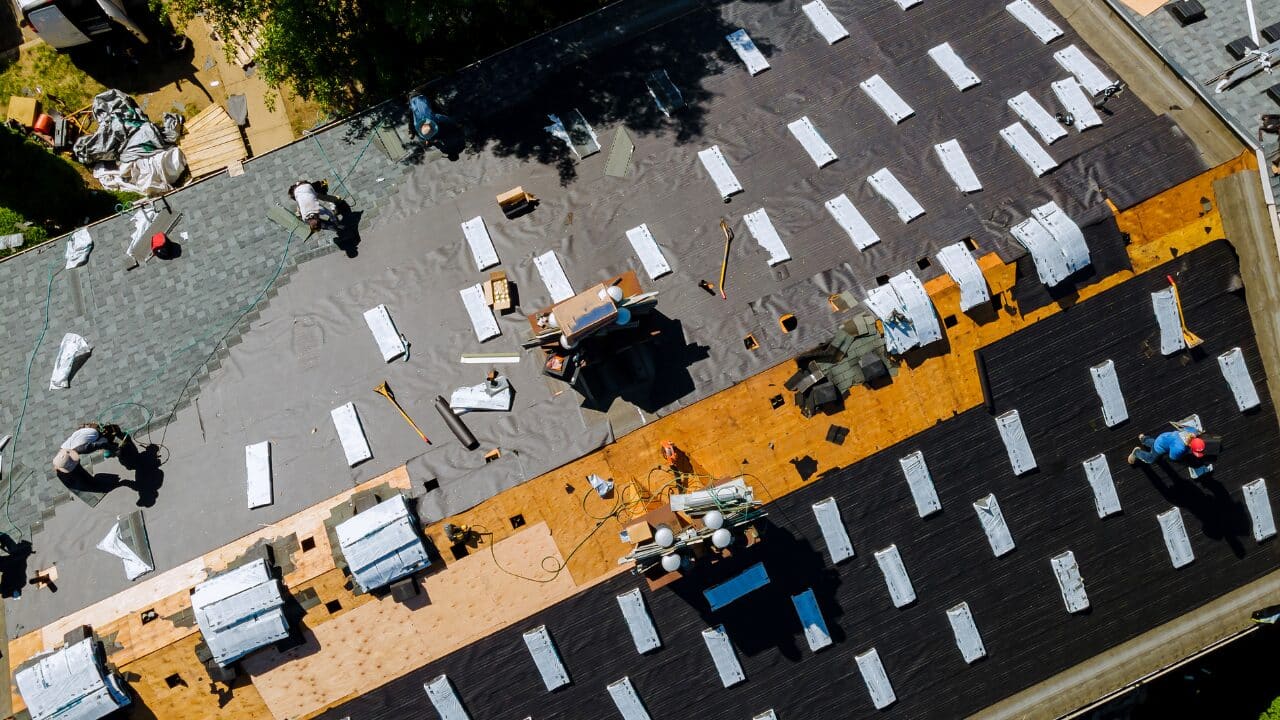Florida is famous for its unpredictable weather – scorching sunny days, sudden rain showers, and those nerve-wracking hurricanes. When it comes to keeping your home cozy and safe, picking the perfect roof is more than just a choice; it’s a necessity.
So, how do you choose the right roof with all these weather antics? This guide is your trusty companion through the world of roofing materials, specifically for Florida’s unique climate. Whether you’re eyeing a brand-new roof or fixing up an old one, knowing your options is the first step to weatherproofing your home.
Table of Contents
Understanding Florida’s Climate
If you’ve ever described Florida’s weather in one word, you’d likely land on unpredictable. Imagine this: scorching summers that turn your car into an oven, mild winters, and the hurricane season paired with heavy rain. This mix of hot, humid, and wet weather makes picking a roofing material overwhelming. Let’s break down what your roof is up against and how to pick the champion for your home.
Intense Sun Exposure and UV Damage
The abundant sunlight in Florida can cause roofs to age and deteriorate more quickly than in less sunny locations. It’s important to choose roofing materials that are resistant to UV damage and can reflect sunlight. This not only prolongs the lifespan of your roof but also contributes to greater energy efficiency and more comfortable indoor temperatures.
High Wind Resistance
Given Florida’s hurricane season, selecting a roof that can withstand extreme wind speeds is critical. Materials must meet the state’s stringent building codes to ensure they can handle hurricane-force winds. Opting for durable, strong roofing materials and ensuring proper installation is key to minimizing the risk of storm-related damage.
Salt and Moisture Resistance
The coastal environment in Florida exposes roofs to high levels of humidity and airborne salt. These factors can accelerate corrosion in metal components and foster mold growth within the roof structure. Choosing materials that are resistant to both salt and moisture is essential for protecting your home against these environmental challenges.
Roofing Materials for Florida’s Climate
1. Asphalt Shingles
Asphalt shingles are a common choice for Florida homes due to their affordability, ease of installation, and variety in styles and colors. However, they may not always be the best fit for Florida’s harsh climate. The intense heat and humidity can accelerate their deterioration. To combat this, opting for high-quality, heat-reflective shingles can help reduce some of these issues, making them a more viable option.
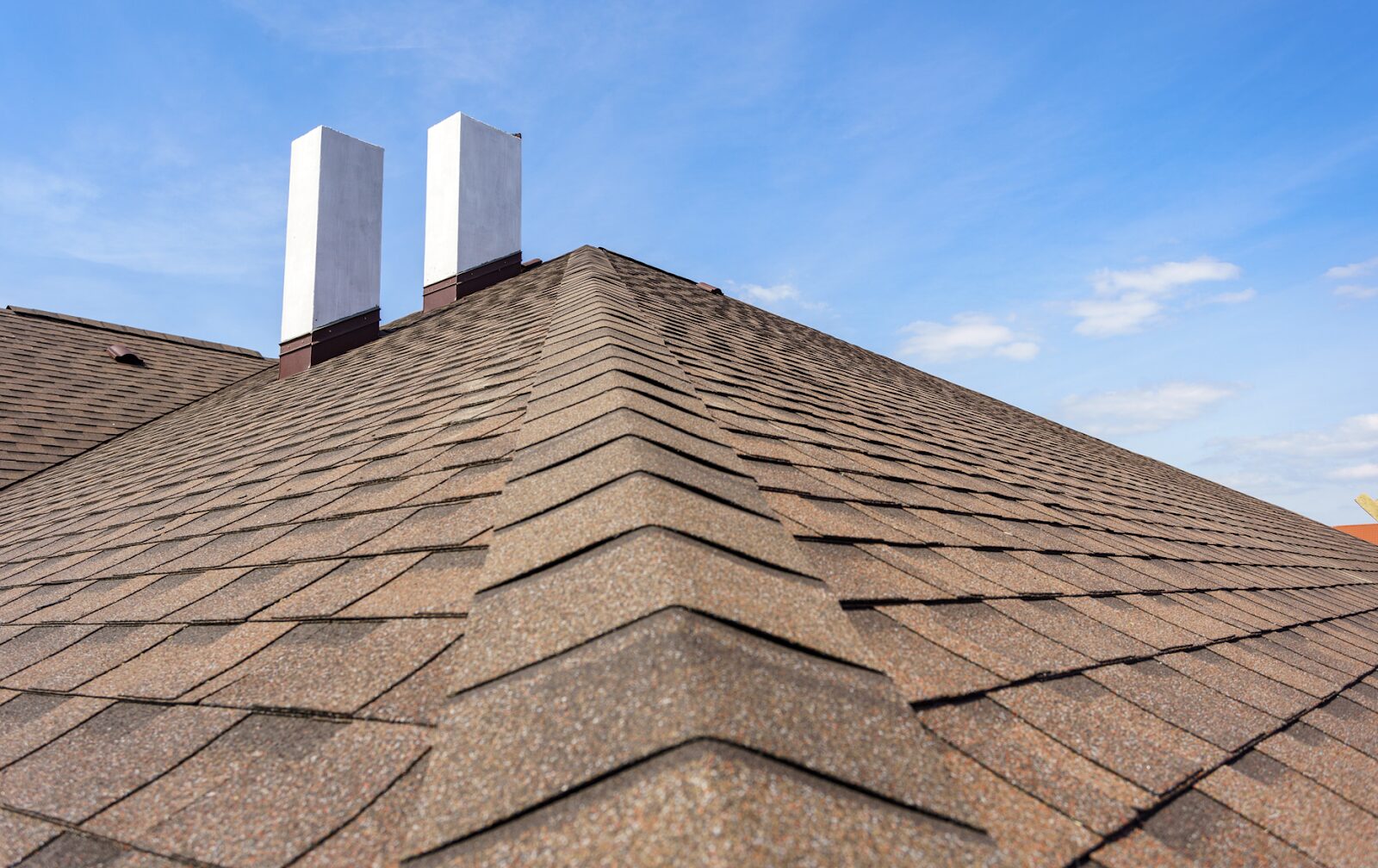
2. Metal Roofing
For homeowners looking for durability and energy efficiency, metal roofing is an excellent choice. Capable of withstanding extreme weather conditions, including hurricanes, metal roofs also reflect sunlight, helping to keep homes cooler during the hot summer months. With minimal maintenance requirements, metal roofing presents a valuable long-term investment and is easier to repair compared to other materials.

4. Tile Roofing
Tile roofing, made from materials like clay, concrete, or slate, offers a blend of durability and aesthetic appeal. Resistant to fire, pests, and the state’s heat and humidity, tile roofs are a robust choice. However, their weight is a consideration, as homes must be structurally capable of supporting them. Despite the potential for occasional maintenance, tile roofs are long-lasting, often enduring for decades.
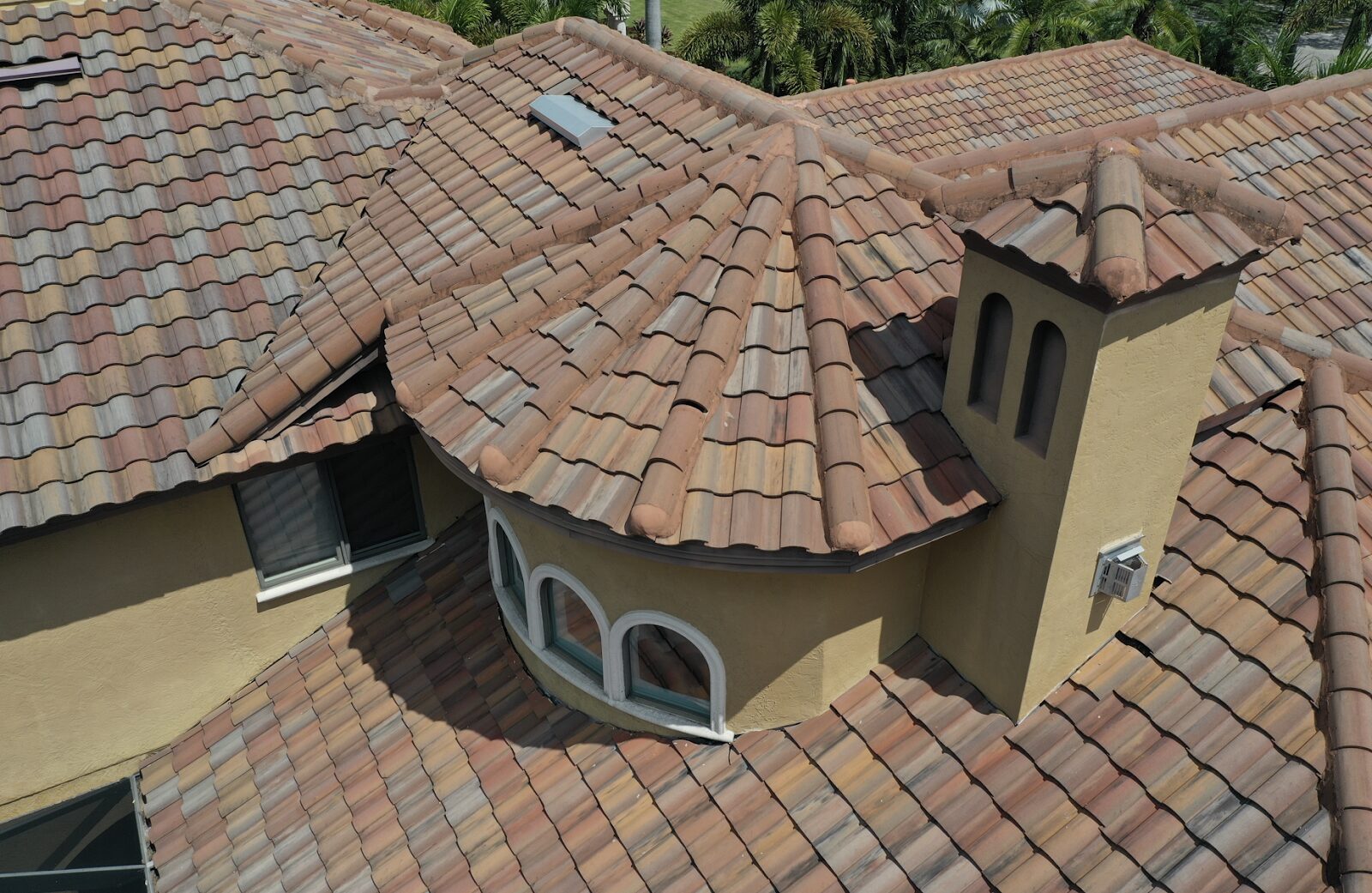
5. Flat Roofing
Often found on commercial buildings and some residential properties, flat roofing is a practical option in warm climates. Designed for energy efficiency, these roofs may require more frequent maintenance to prevent water pooling, especially in areas with heavy rainfall. Proper drainage systems are essential to avoid potential repair issues.
Before making a decision on your roofing material choice, it’s crucial to consider all available options and how they will perform in Florida’s unique climate. For those interested in diving deeper into the specifics of what materials offer the best protection and value, we recommend checking out this roofing materials guide that thoroughly examines various roofing choices suited for Florida homes.
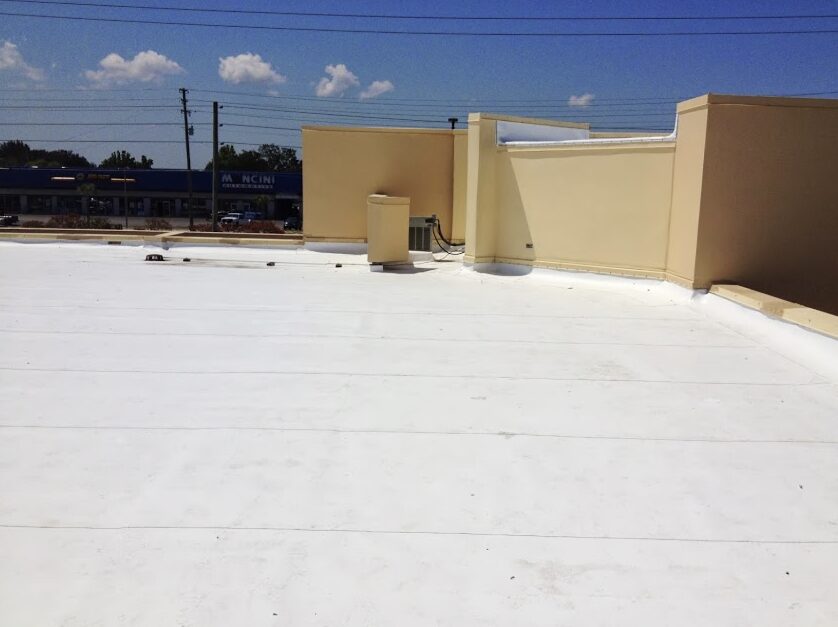
Factors to Consider When Choosing Roofing Material
Here are three essential factors to consider during your decision-making process:
Durability and Lifespan
The intense Florida climate demands materials that can endure without frequent repairs or replacements. When selecting a roofing material, consider how well it can resist the common challenges faced in the state, such as high winds, heavy rain, and prolonged exposure to UV rays. Researching the average lifespan of each material can give you a clearer idea of what to expect in terms of durability. For instance, materials like metal roofing and tile offer longer lifespans compared to traditional asphalt shingles, making them potentially more cost-effective in the long run.
Energy Efficiency
The roof you choose plays a significant role in your home’s overall energy efficiency. In a state like Florida, where the sun blazes down almost year-round, opting for roofing materials that have high solar reflectance can lead to substantial savings on air conditioning.
Materials such as metal roofing, cool roofs, and certain reflective shingles are designed to reflect sunlight and emit absorbed heat, helping to keep your home cooler naturally. When selecting a roofing material, consider its energy efficiency ratings and solar reflective properties to ensure you’re maximizing your home’s potential for energy savings.
Architectural Style
The aesthetic aspect of your roofing material is just as important as its functional attributes. Whether you have a modern, traditional, or historic home, there’s a roofing material that matches its design. For instance, tile roofing might be the perfect fit for Mediterranean or Spanish-style homes, while metal roofing can suit a wide range of home designs due to its versatility.
Conclusion
Picking the right roof in Florida is key. It’s all about balancing cost, looks, and needs. With Florida’s tough weather, from scorching sun to hurricanes, your choice matters a lot. Metal, tile, cool, green, or asphalt shingles each have their pros and cons.
Before you decide, especially if you’re looking at roof repair, talk to a professional. They can guide you based on your home’s specifics. A good roof is an investment in your home’s safety and comfort. Make a smart choice to keep your home protected and give you peace of mind.

